Get more insight into the competencies you gain by clicking on the respective module node in the spider diagram.
Mobile device: scroll-down for information
Click on the nodes to get more information
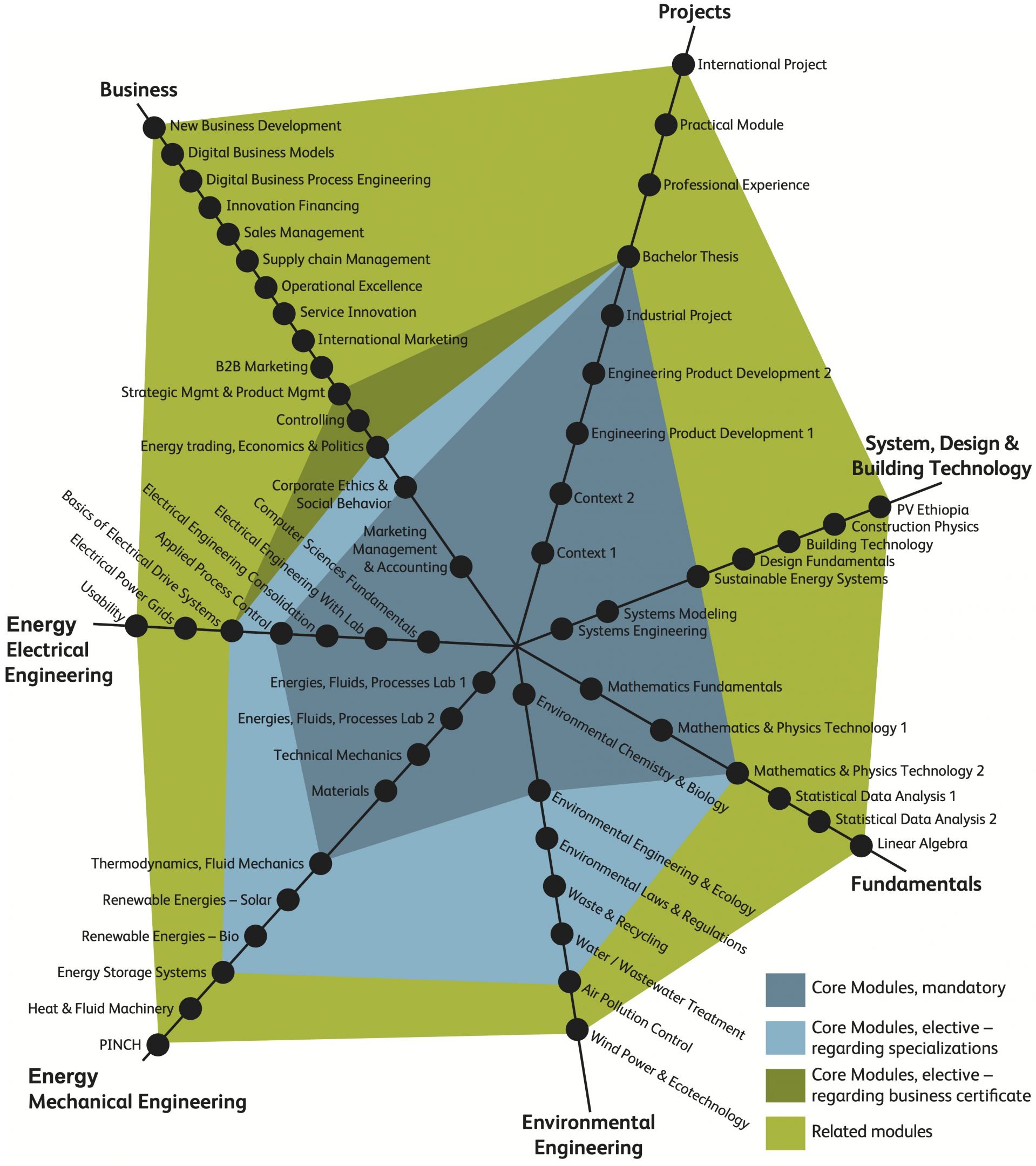
Mathematics fundamentals

Dr. Michael Bächtold
You learn the fundamentals of differential and integral calculus and some of their applications in physics, geometry and applied sciences. This module will prepare you for future Mathematics and Physics modules.
Mathematics and Physics Technology 1
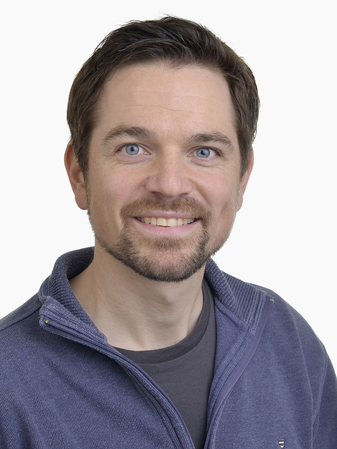
Dr. Felix Lüönd
You learn the basic concepts of mechanics required for the description of linear and rotational motion and required mathematical tools. You will acquire a solid basis for the modules Applied Process Control and Thermodynamics and Fluid Dynamics.
Mathematics and Physics Technology 2
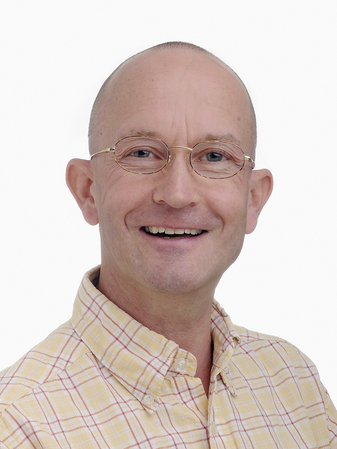
Prof. Dr. Thomas Graf
You learn the calculus of several variables, the basic theory of probability and statistics and some basics of thermodynamics. This module provides you with the fundamentals for more advanced modules including topics such as analysis and optimization of complex systems and numerical simulation.
Electrical Engineering with Lab
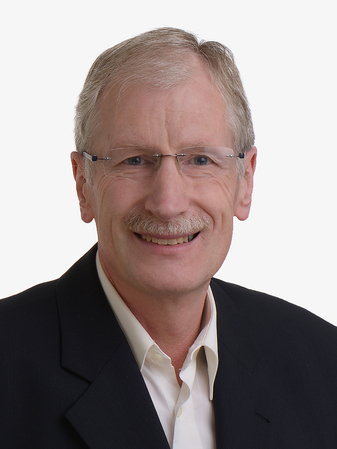
Dr. Hans Kurmann
You gain solid basis in electrical engineering theoretically and practically, so that you are prepared for the module Electrical Engineering Consolidation.
Technical Mechanics

Priska Herzog
“You learn the basics of analysis and design of structures and the mechanical behavior of materials. This will enable you to understand the structural and mechanical concepts of environmental and energy systems.”
Materials Lab

Priska Herzog
Based on the structure and related properties of different materials, you learn to choose and assess materials and processes. The acquired knowledge will help you to understand the application of engineering materials in the field of energy and environmental systems.
Energies, Fluids and Processes Lab Fluid
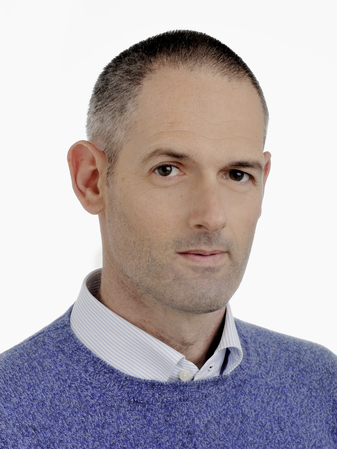
Prof. Dr. Ernesto Casartelli
You learn the fundamentals of thermo- and fluid dynamics necessary for future understanding of energy and environmental systems. You gain practical relevance through lab tests in the field of energy technology.
Energies, Fluids and Processes Lab Thermo

Prof. Dr. Mirko Kleingries
You broaden your knowledge of thermo- and fluid dynamics, consolidating it through large-scale experiments in the lab. It will prepare you for the module Thermodynamics and Fluid Dynamics.
Thermodynamics and Fluid Dynamics
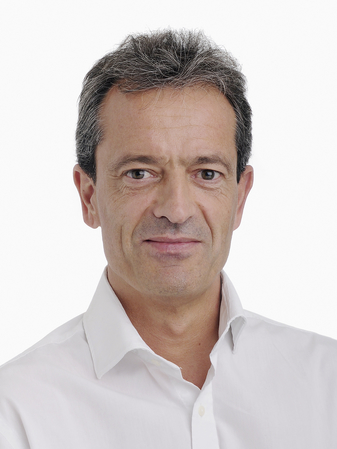
Prof. Dr. Ulf Christian Müller
You will consolidate your knowledge of thermo- and fluid dynamics. This will prepare you for future modules in the field of energy and environmental technologies.
Corporate Ethics and Sustainability
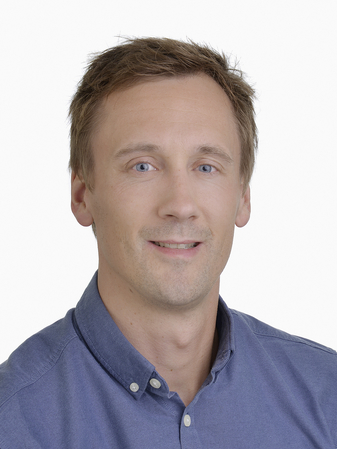
Prof. Dr. Claas Wagner
You learn the fundamentals of business ethics and corporate responsibility for a practical use in different management positions. You will be able to judge decisions from an ethical and sustainable point of view.
Sustainable Energy Systems
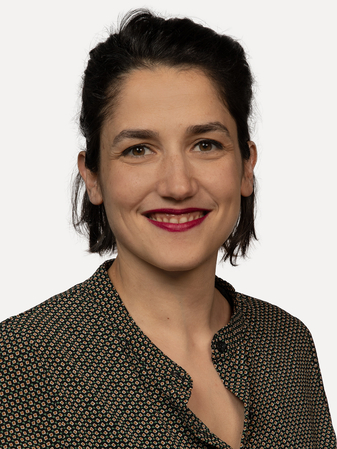
Dr. Anastasia Stamatiou
You learn how to assess energy systems concerning economic, ecologic and social sustainability criteria. You combine your competences from all your previous modules in order to identify and assess options to source, distribute, store and consume energy.
Systems Engineering

Macarena San Martin Ruiz
You learn how to design and manage complex systems. These skills enable you to create and assess systematically and holistically different options of a complex energy and environmental system.
Environmental Chemistry and Biology
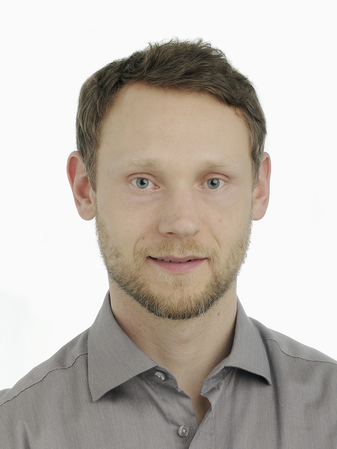
Samuel Tanner
You get a solid chemistry knowledge supported by laboratory experiments. You will understand the fundamentals of contamination and pollution and their effects on the hydro-, bio-, geo- and atmosphere. You learn to estimate the distribution and effects of selected pollutants.
Systems Modelling
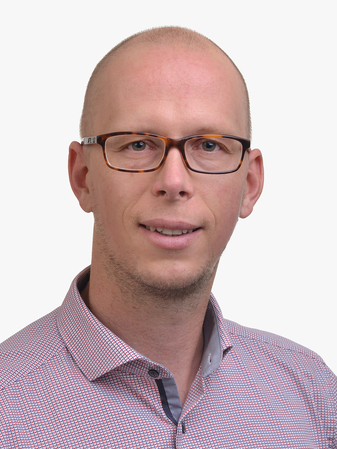
Dr. Matthias Berger
You learn how to describe, implement and solve a system mathematically, based on your knowledge of Systems Engineering and Mathematics. These competences enable you to assess energy and environmental systems quantitatively.
Environmental Analysis and Ecology

Prof. Dr. Claas Wagner
You broaden your knowledge of pollutants impact, climate change and causes of environmental problems. You learn how to apply analytical and economic tools for environmental analysis and assessments.
Industrial Project

Prof. Dr. Shaun West
Your first independent project in energy and environment systems engineering in collaboration with an industrial partner. You will apply and deepen problem solving, project management, and professional competences so that you will be prepared for your Bachelor Thesis.
Bachelor Thesis

Dr. Anastasia Stamatiou
You gain the ultimate polish for a professional execution of a complex task from industry or research. You will document and present you scientific results convincingly by applying the problem solving, project management and professional skills you acquired during your studies.
Marketing Management and Accounting
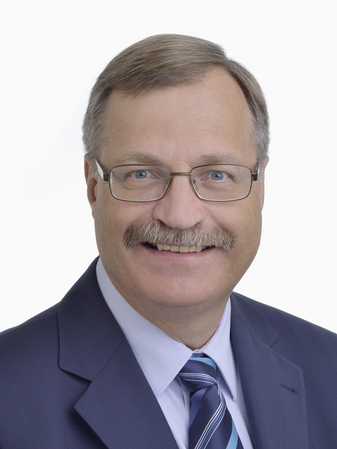
Prof. Dr. Michael Blankenagel
You learn the fundamentals of marketing as well as financial accounting. This module provides the tools to evaluate business decisions within your field from an economic perspective.
Engineering Product Development 1
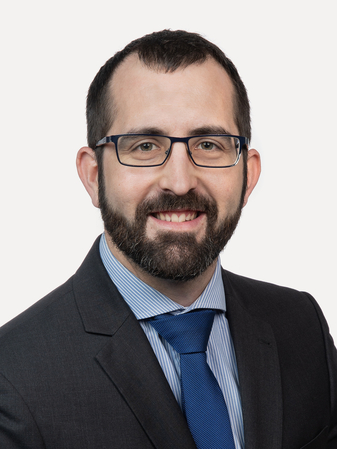
Dr. Simon Züst
“You strengthen your teamwork, project management and risk management skills through the development of an engineering product in a multidisciplinary team. You conceptualize the product, evaluate different solution concepts and validate your final solutions.”
Engineering Product Development 2

Dr. Simon Züst
You further develop your engineering product started in Engineering Product Development Project 1. You integrate the solution-parts, test and demonstrate the overall system concept. You learn about design and realization phases of a product and will compete with your solution against the other teams.
Computer Science Fundamentals
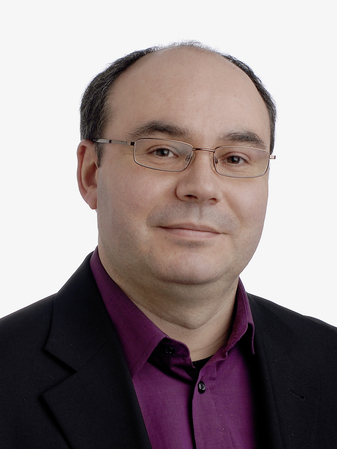
Prof. Dr. René Meier
Introduction to computer science and the Internet, information systems in companies, cloud-management, fundamentals of programming, databases, interconnecting computers and Internet of Things.
Electrical Engineering Consolidation
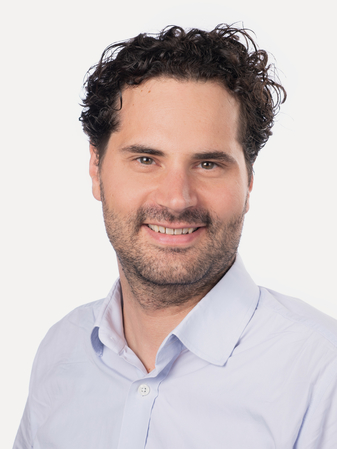
Dr. Jonas Mühlethaler
You further develop and strengthen your knowledge in Electrical Engineering by consolidating basic theoretical concepts and their application in realistic electrical engineering challenges. It will prepare you for advanced modules in the branch of energy systems such as Electric Power Grids.
Applied Process Control
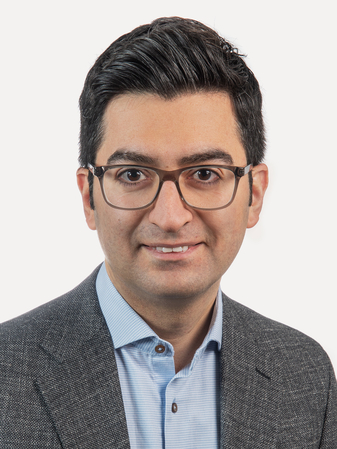
Dr. Armin Taghipour
You know the basics of control systems and can explain the closed-loop (feedback) solution. You can develop dynamic models for simple processes and exploit these models to design closed-loop controllers. Different examples, among them “energy” processes, will be analyzed, controlled and simulated.
Context 1
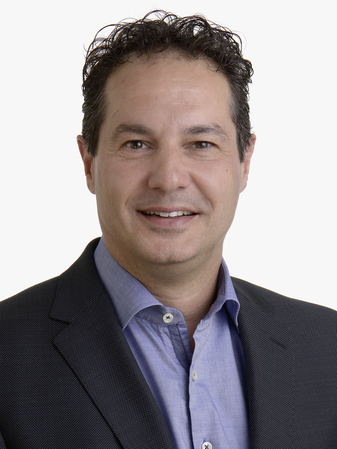
Dr. Piero Angelo Marangi
Step-by-step execution of a project by an interdisciplinary team of students, in product or process innovation coached by subject experts. Gain competences in the fields of project management, research, report writing and convincing presentations.
Context 2
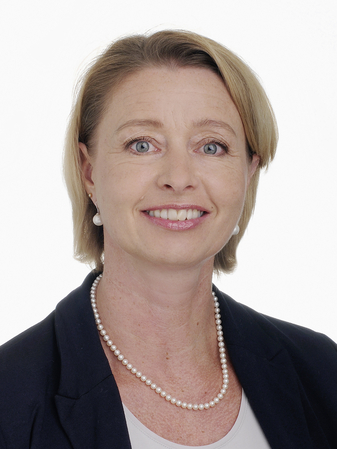
Petruschka Meyer
Based on some common communication models you improve communication skills. Learn how to communicate effectively and professionally in spoken and written form.
Energy Storage Systems
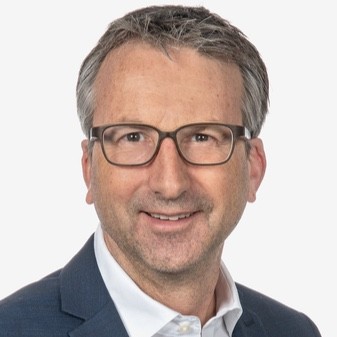
Prof. Dr. Jörg Worlitschek
You learn about key electrical, thermal and chemical energy storage technologies, the basics of smart grids, and the role of storages in energy systems. This module will prepare you to plan, dimension and assess storage systems within their system context.
Renewable Energies – Bio
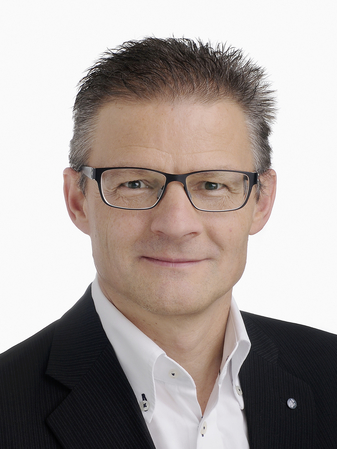
Prof. Dr. Thomas Nussbaumer
You develop an understanding of fuel properties of biomass and current technologies used for the production of heat, power and transportation fuels from biomass. Moreover, you learn to design bioenergy systems and assess them from an economic point of view.
Renewable Energies – Solar

Prof. Dr. Thomas Nussbaumer
You learn the physical fundamentals and procedures used in solar energy systems to produce heat and electricity. You will be able to assess solar technologies from a technical, environmental and economic perspective.
Construction Physics for Building Construction
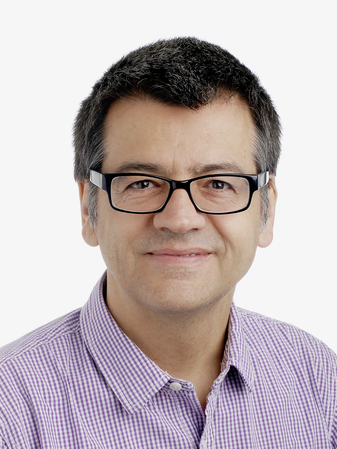
Prof. Dr. Heinrich Manz
You will develop a basic understanding of building physics and construction in this module and learn how to solve engineering problems related to energy and comfort in buildings.
Design Fundamentals

Hannes Felber
In this module you will gain a thorough understanding of the process of industrial design and its interdisciplinary context. Through practical exercises you will improve and strengthen your ability to innovate as well as your creative skills.
Design, Build and Commission Photovoltaic in Ethiopia
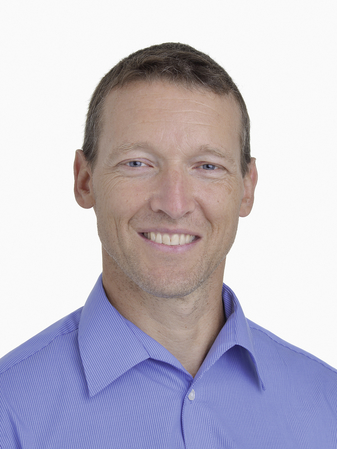
Roger Buser
You travel to Ethiopia and team-up with local students in order to size all components needed to run a small off-grid PV system at a rural health centre. These learnings are then used to construct and commission the PV installation and hand it over to the local operator.
Building Technology Systems
You learn about the components and parts of Heating, Ventilation & Air Conditioning (HVAC) technology and their function within a system. This module allows you to read and understand schematics and to design a simple HVAC system.
Innovation Financing
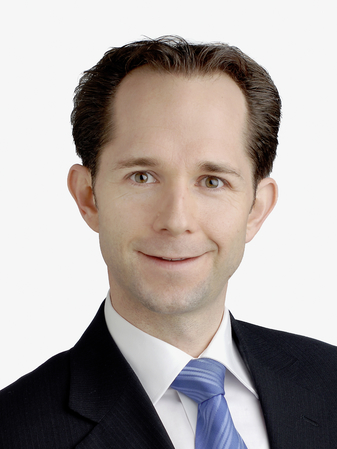
Dr. Matthias Aepli
This module introduces you to corporate financing and the various approaches to innovation financing. You will be prepared to design investment offerings with an adequate return to meet the investors’ expectations.
International Marketing
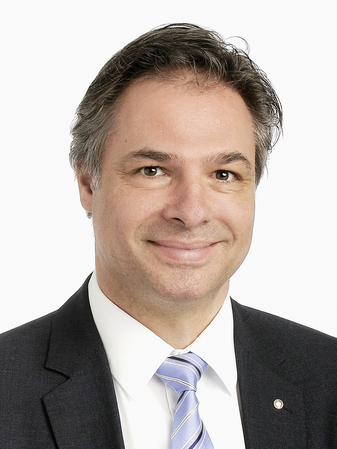
Prof. Dr. Sascha Götte
You learn to assess the international environment in a globally active company. You learn how to develop strategies and apply instruments so that you are prepared to develop, manage and organise international marketing activities. Students will apply their competencies in case studies and in a cloud-based business simulation in teams.
Linear Algebra
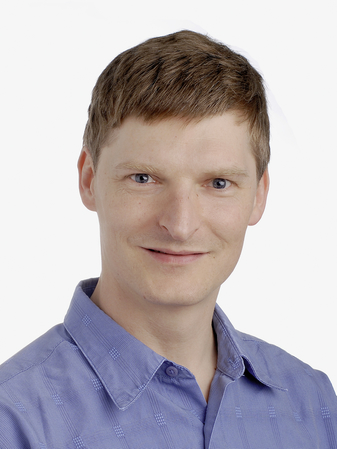
Dr. Peter Scheiblechner
This module teaches you the basics of linear algebra, including matrices and their decompositions.Furthermore, you learn how to recognize and model linear systems, to solve applied problems with algebraic and numerical methods, and to analyze data sets.You will be introduced into a numerical software.
Usability
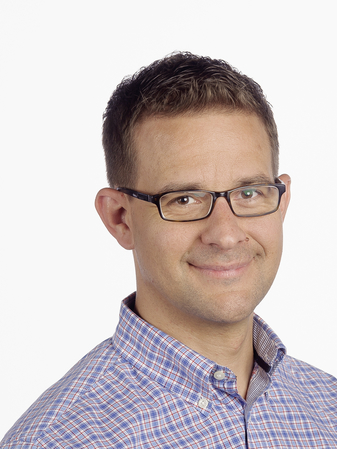
Dr. Marcel Uhr
You are introduced to the basics of interactions between human being and an interactive system especially in the field of graphical user interface design and you learn the fundamentals of usability. You will be able to apply the most important usability and evaluation methods and integrate them into a project.
Wind Power & Ecotechnology

Prof. Dr. Claas Wagner
You learn the basics of wind energy engineering, including how to determinate wind power potentials and estimate electrical power production of different kinds of turbines and systems. You will be able to assess the impact of wind turbines emissions on humans and ecosystems based on stakeholder and environmental impact analyses.
Supply Chain Management
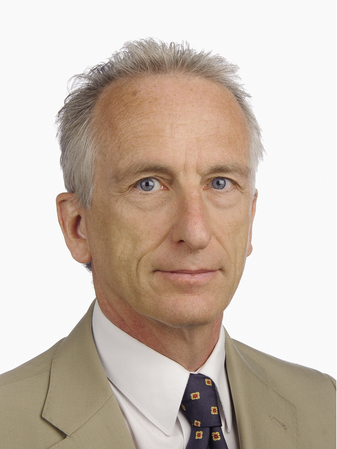
Fabio Mercandetti
Introduction to the Supply Chain of industrial companies, through examples from various businesses, analysis and discussion of business cases, including the use of Supply Chain simulations. Starting with a high-level view of the Supply chain across several tiers, then analysing in detail the Logistic activities in a company. Moving to Sourcing strategies and tools for strategic and operational Purchasing, Ending with Production, Costing, Risk management and Sustainability.
Service Innovation

Prof. Dr. Shaun West
You are prepared to develop services along the lifecycle of high value capital equipment. You will learn to apply a variety of tools that will allow you to improve and innovate your existing services and create integrate product service systems.
Electrical Power Grids

Dr. Jonas Mühletaler
You will learn about main components, current challenges as well as control and protection methods of electrical power systems. Furthermore, processes for the conversion of primary energy into electrical energy are introduced. This module prepares you to dimension and evaluate power grid systems by applying different analysis techniques.
Controlling

Prof. Dr. Michael Blankenagel
You learn how to manage a business and make decisions based on relevant – financial, market, process and environmental – information. Using this knowledge, you will manage your own company and compete against your colleagues in a simulation game throughout the term.
Strategic Mgmt & Product Mgmt
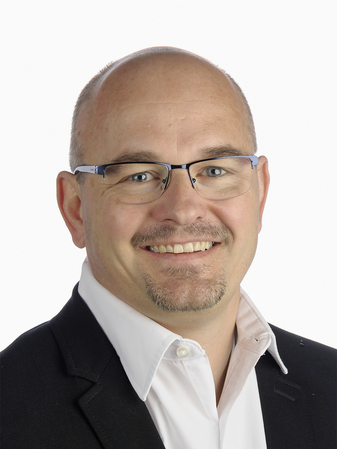
Prof. Dr. Patrick Link
In this module you will learn about the most important aspects of Strategic and Product Management. You will be introduced to a variety of controlling and management tools and will learn to apply them on systems solutions and services.
Heat & Fluid Machinery in Power Plants
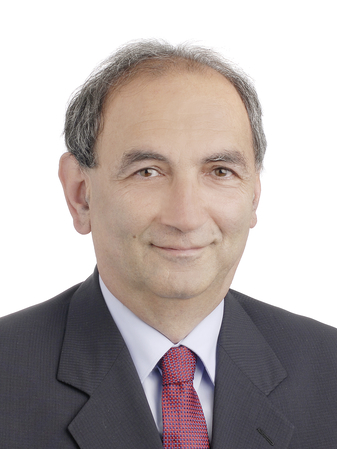
Dr. Sabri Deniz
This module teaches you about the design, application and operation of heat and fluid machines used in power plants. It prepares you to assess the overall efficiency, operating ranges and flexibilities of these machines within an energy system.
Energy Trading, Economics & Policies
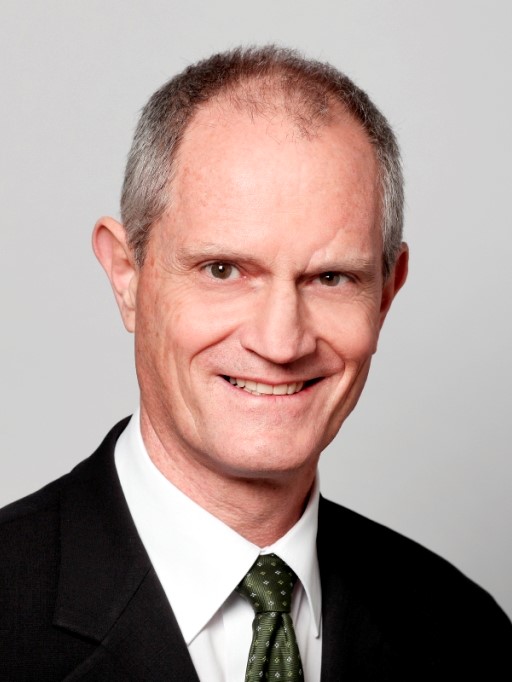
Arturo Egli
You will learn about trends, structures, and tools of trading and commercializing energies and emissions, with a focus on renewable energies. Additionally, you will get an overview of global agendas, innovations, and policy guidelines with their international ramifications.
Environmental Technologies & Pollution Control
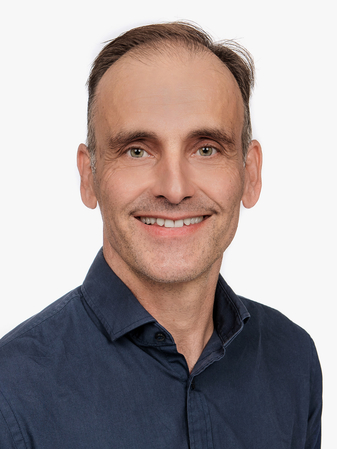
Martin Streicher-Porte
You broaden your knowledge of formation, release, extent, effects, and reduction of specific emissions. Additionally, to the end-of-pipe technologies, environmental technologies reducing or entirely avoiding emissions will be presented, particularly focusing on CO2 reduction.
Environmental Law & Regulations
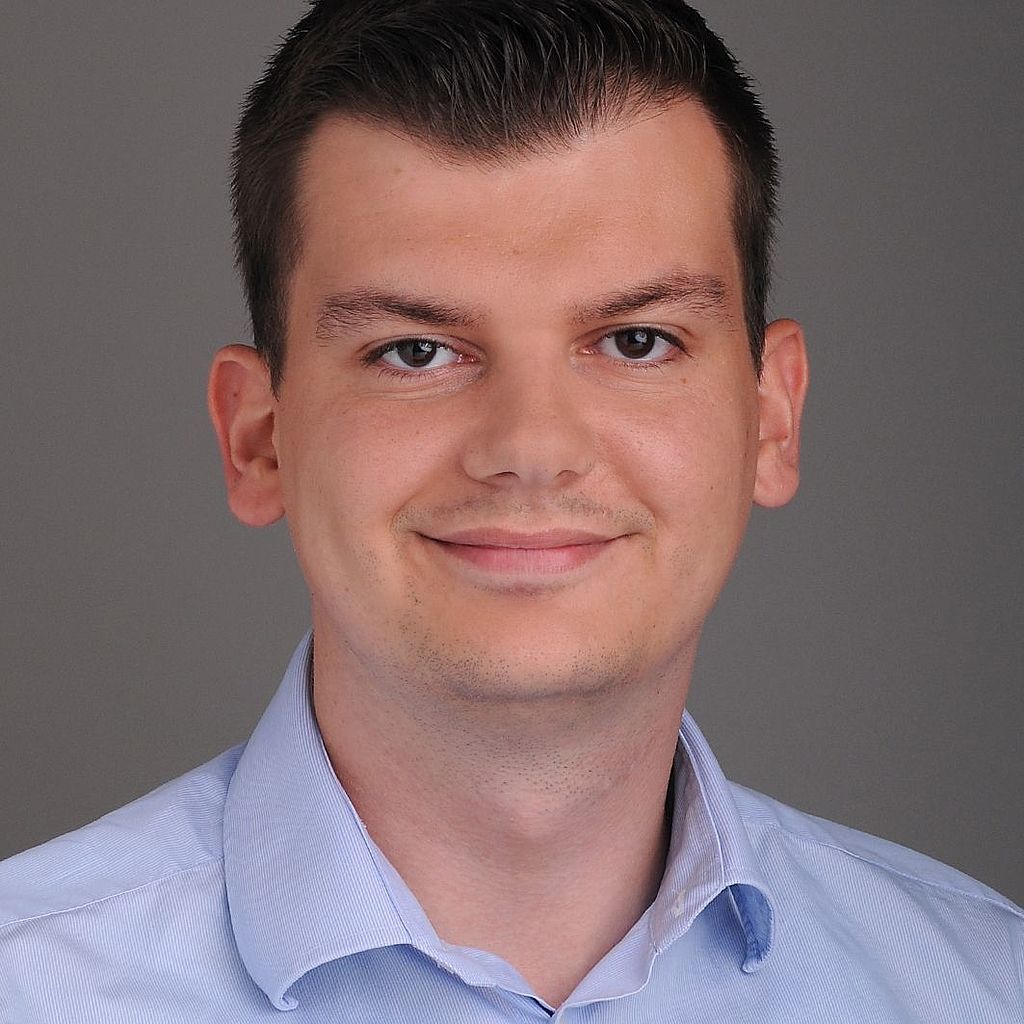
Markus Schreiber
You get to know the main content and effectiveness of existing Swiss and international laws, policymaking processes and available instruments that aim for the protection and conservation of the environment and climate.
Waste Management & Recycling

Martin Streicher-Porte
You will become familiar with the current techniques for waste sorting, separation, and reduction as well as processes for waste treatment and recycling. This module will prepare you to manage and deal with the residues from systems.
Water Management & Treatment

Martin Streicher-Porte
This module provides the necessary knowledge of water infrastructures comprising drinking water sources till wastewater treatment. You will learn about standards applied in Switzerland and investigate with the aid of case studies, how safe water supply and sanitation can be achieved.
Energy Optimization with Pinch Analysis
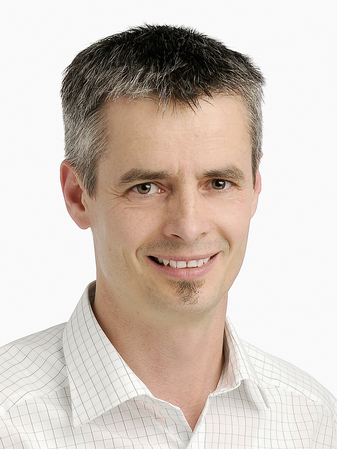
Prof. Dr. Beat Wellig
Learn the systematic approach to optimizing industrial processes and energy systems for greater efficiency and profitability using pinch analysis. The method exploits opportunities for energy savings, reducing the associated CO2 emissions markedly.
Operational Excellence
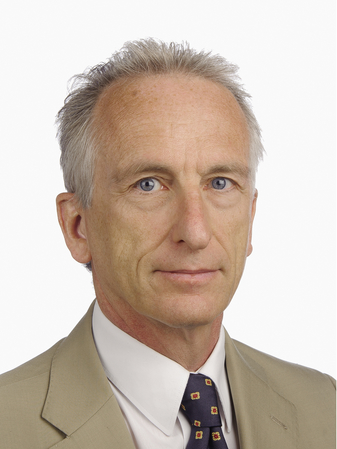
Fabio Mercandetti
Deepened analysis of the Supply Chain of industrial companies. in search of Excellence, based on the principles and tools of the Toyota Production System and its evolution into Lean Management. These concepts and tools will be explained and applied in several case studies and in a final production simulation over three days, so that participants will “touch with their hands” the significant difference between traditional and „lean“ approaches in Operations.
B2B-Marketing
Angelos Apostolidis
Basics, significance and delimitation of industrial goods marketing. Learn and apply the relevant concepts and marketing features in the field of industrial in the field of industrial goods. Development, discussion and application of the essential instruments with a focus on the focusing on the three central perspectives for determining a comparative competitive advantage and the four essential business typologies for the product, plant product, plant, system and supplier business.
Sales Management
Angelos Apostolidis
Inputs and business cases to understand, analyze, and optimize both distribution channels and sales organizations. Learn to lead, motivate and measure sales teams by setting appropriate objectives; to develop suitable sales strategies and tools; to understand and deploy key characteristics of sales psychology; to apply essential practices for sales control.
International Project

Prof. Dr. Christine Grimm
Want to know more about early stage innovation how to apply the method Design Thinking in a real life context? As part of a team of international students you will solve a real life challenge, work closely with an industry partner and take your ideas as far as the first business model!
Basics of Electrical Drive Systems

Dr. Jonas Mühlethaler
You will be studying the most common electrical machines and power electronic circuits such as DC-DC converters, rectifiers, inverters, and converters.
Digital Business Process Engineering
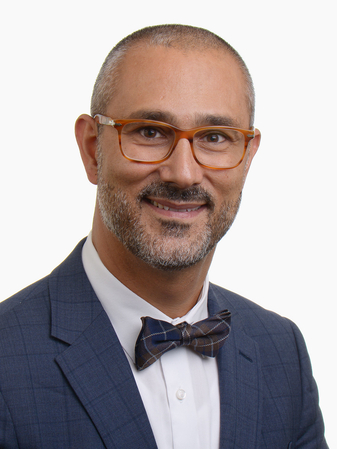
Prof. Dr. Clemente Minonne
Introduction to the basics, approaches and methods required for digital business process engineering. The basis for this is a cycle-based framework model that represents a typical management cycle. Various models, methods and techniques are used on the basis of concrete practical examples.
New Business Development
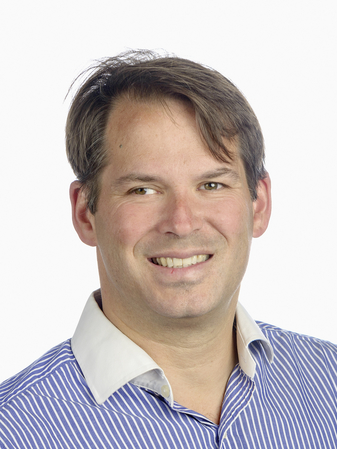
Prof. Dr. Michael Kellerhals
The module teaches how to design a new business development strategy and how to set up a related project. The presented framework is embedded in strategic management, business model innovation, corporate finance, and project management. The module strongly relies on case studies. The module covers intrapreneurship, ambidextrous organization designs, venturing, mergers, acquisitions, joint ventures, negotiations tactics, legal aspects, integration management /change management.
Digital Business Models

Prof. Dr. Michael Kellerhals
The module explains what business model innovation is, how it is embedded in strategic management and what is it used for. The module introduces the most important business model frameworks and provides hands-on guideline to select, develop, and apply them. In the course of studies an overview of the most important digital technologies will be provided as an enabler for disruptive business model innovations. The students will apply a business model innovation framework to a real-life (digital) case study.
Statistical Data Analysis 1
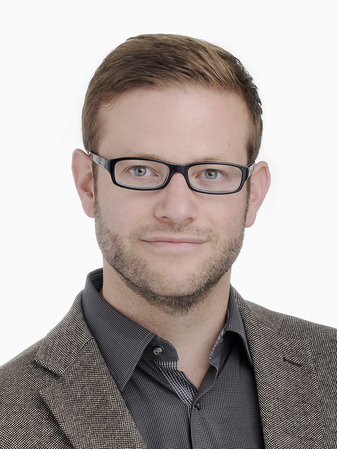
Prof. Dr. Mirko Birbaumer
Statistical Data Analysis 2

Prof. Dr. Mirko Birbaumer
Practical Module

Dr. Anastasia Stamatiou
Professional Experience

Dr. Anastasia Stamatiou
